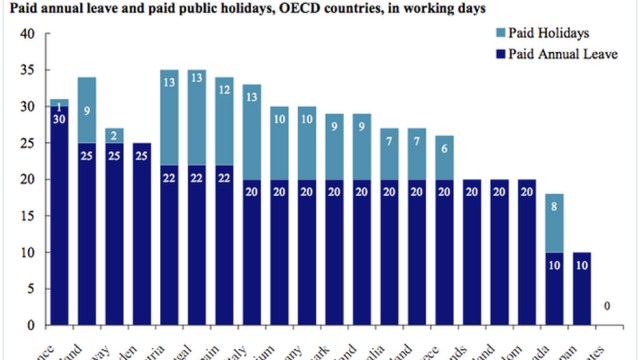Both Billboards and Soup Kitchens

What strategy should the atheist movement adopt during the holiday season? Should we focus on doing good works as a visible proof that we’re caring and moral people, or should we redouble our efforts to be loud and uncompromising in the face of an onslaught of religious schmaltz? That’s the subject of the latest Deep Rift(TM) in the secular community, being debated in an article by Dan Merica on CNN as well as a rather caustic post by Andrew Tripp (whom you may remember from his recent guest post here on Daylight Atheism).
The backstory is that American Atheists has paid for a billboard in Times Square that reads “Keep the Merry, Dump the Myth” (see post image), while the Humanist Community at Harvard has been working with local churches to package meals for needy families in the Boston area. The debate is over which approach is more effective and appropriate. Andrew’s post, for example, argues that the money spent on the billboard could have been put to better use:
The tens of thousands of dollars that AA spent on their ego trip could have actually helped people without a place to go or food to eat this holiday season, but instead, they chose membership fees… Silverman, as we’ve noted, thinks billboards and shouting are going to result in civil rights.
This argument implies that money spent on advertising is wasted, but I strongly disagree with that. Whether or not you support the specific way they’re going about it, American Atheists’ billboard campaign has a clear point: it’s visibility. We can’t assume that everyone who’d like to join the skeptical movement is already aware of us; in fact, we know that that isn’t the case. Other billboard campaigns have consistently drawn a strong positive response from people who were glad to find out about secular groups.
And in the long run, getting the word out about atheism, increasing our numbers and our political influence and making our point of view more familiar and accepted, is absolutely a legitimate form of social-justice activism. It helps liberate people from oppressive beliefs that fill their lives with fear and guilt; it weakens prejudices that are rooted in religion, like those against women and LGBT people; it provides a counterweight to dangerously anti-scientific religious beliefs. Why would anyone ever think otherwise?
Yes, working in soup kitchens is a noble and worthwhile cause. So long as we’re participating as equals, I see nothing wrong with cooperating with religious groups for charitable purposes. But I reject the idea that we have to choose between this and putting up a billboard, that activists have a moral obligation to spend their time and money on only the most pressing cause at any given moment. If that were true, you could just as easily argue that the Harvard Humanists are flaunting their class privilege by packing meals for hungry people in Boston, when there are poorer places in the world where people need the food even more badly.
But I don’t think we have to choose. We can work on more than one cause at once. As I said on Twitter, these approaches are complementary: each one sends a different message and reaches a different audience. If we’re going to succeed as a movement, we need to broaden our appeal as much as possible, which means we should be trying as many different approaches as we can sustain. David Silverman of AA says so himself:
“A movement like ours needs all sides. It needs people who are working to be conciliatory and it needs people who are willing to raise their voices.”
As long as we’re all working toward the same end, that of building a strong and welcoming atheist community, we should be tolerant of different methods and let others do as they choose. We need both our diplomats and our firebrands. Insisting that there’s One True Path for political activism, one means of public communication which everyone should follow, is a surefire way to divide and weaken us all.
Image credit: Dave Silverman
Daylight Atheism: The Book is now available! Click here for reviews and ordering information.




